

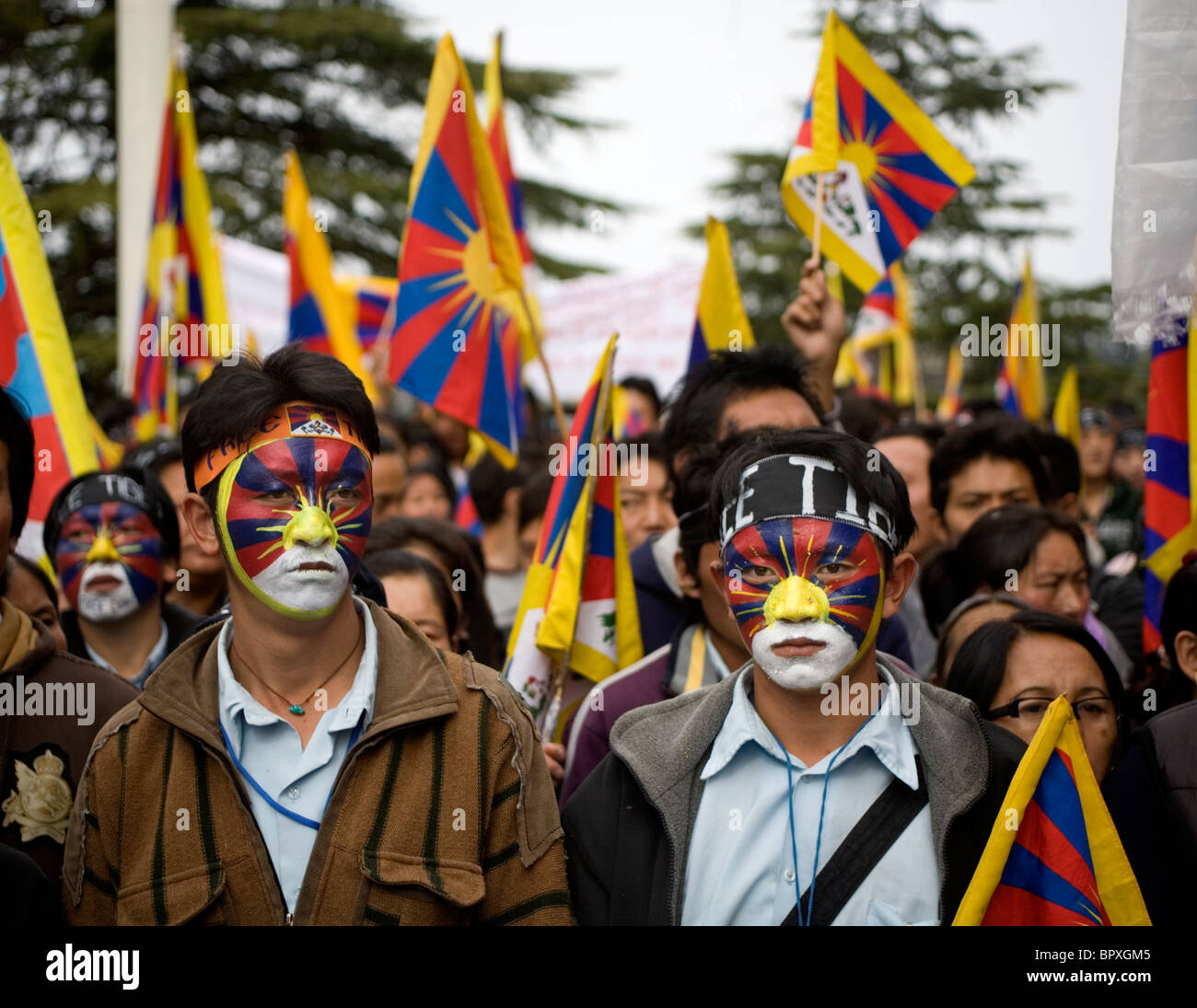
On July 6th, Tibetans worldwide celebrate World Tibet Day, a day dedicated to honoring their distinct culture and drawing global attention to the ongoing struggles faced by Tibetans living under Chinese occupation. This day, initiated by Pulitzer nominee Richard Rosenkranz and the Dalai Lama's younger brother, Tendzin Choegyal, also serves as a reminder of the brutal suppression and cultural erasure faced by Tibetans since China's annexation of the Tibetan plateau in 1951. The 14th Dalai Lama, Tenzin Gyatso, is not only a revered spiritual leader but also a potent symbol of resistance and a global advocate for peace, human rights, and universal responsibility rooted in Buddhist philosophy.
World Tibet Day: A Call for Recognition and Autonomy
Each year on July 6th, Tibetans around the world commemorate World Tibet Day, a poignant observance honoring their unique culture and highlighting the persistent challenges faced by their community under Chinese occupation.
Background
Tibet, a vast and mountainous region on the Tibetan Plateau, has a distinct culture, language, religion, and history. For centuries, it maintained its independence as a spiritual and political entity. However, in 1951, the People's Republic of China invaded Tibet, marking the beginning of a tumultuous era.
China's annexation led to the suppression of Tibetan culture, religion, and political freedoms. The Dalai Lama, Tibet's spiritual leader, was forced into exile in 1959 after a failed uprising against Chinese rule. Since then, Tibetans have faced severe restrictions on their way of life, including limits on religious practices, language use, and political expression.
World Tibet Day
World Tibet Day was initiated in 1996 by Richard Rosenkranz, a Pulitzer nominee, and Tendzin Choegyal, the Dalai Lama's younger brother. This day serves as a platform for Tibetans to assert their distinct identity, draw global attention to their plight, and advocate for the restoration of their autonomy.
Top 5 FAQs
1. What are the current challenges facing Tibetans under Chinese rule?
2. What is the significance of the Dalai Lama?
3. What is the future of Tibet?
4. How can I support Tibetans?
5. Is there any hope for a peaceful resolution of the Tibet issue?
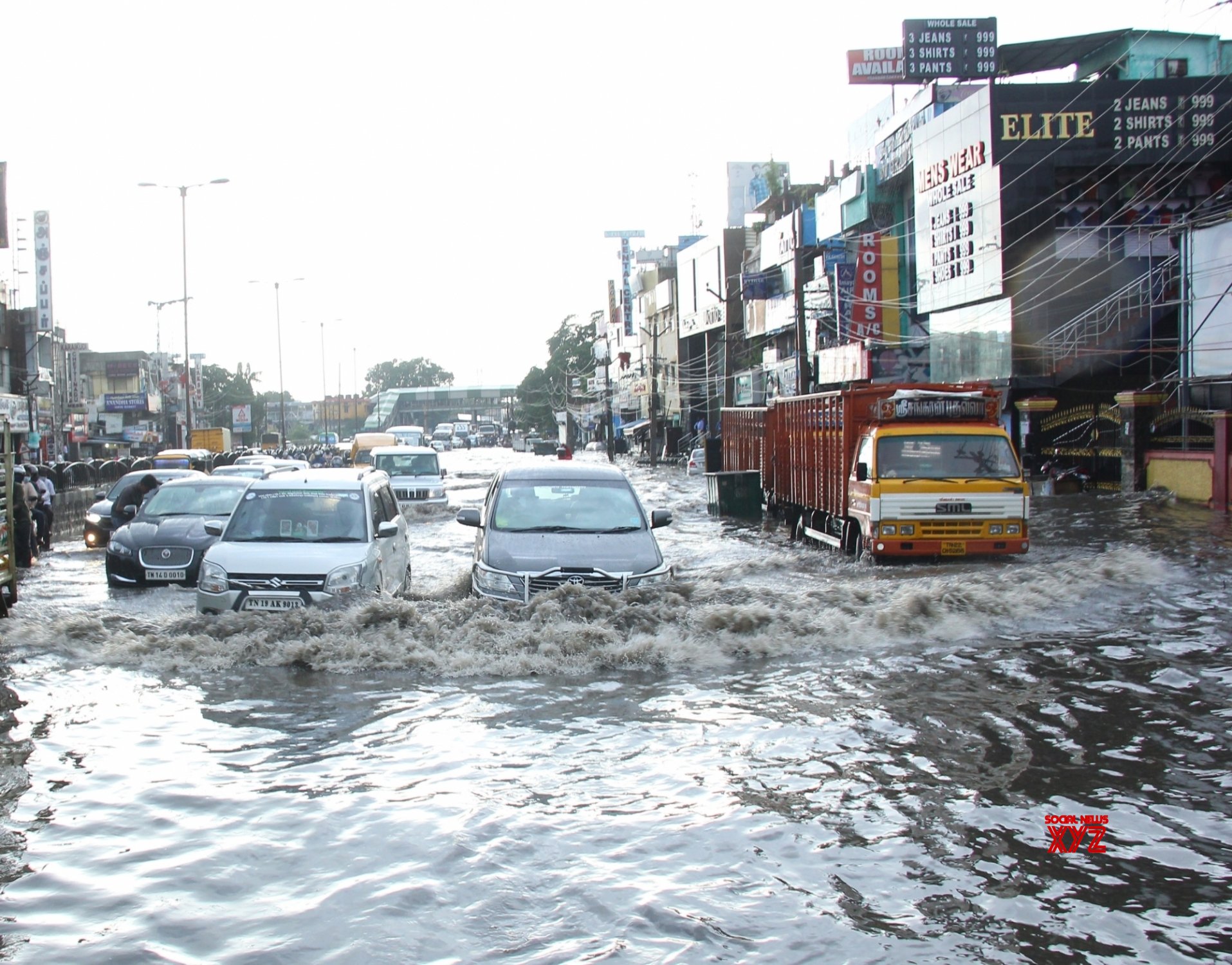
Areas across Chennai experienced a much-needed respite from the summer heat as heavy rainfall brought down temperatures. However, the downpour also resulted in waterlogging and traffic disruptions in multiple neighborhoods. While civic authorities worked to clear clogged drains, the IMD has issued warnings for above-normal temperatures and possible thunderstorms in the coming days. Neighbouring states such as Karnataka are also expected to receive some rain, but residents are advised to remain cautious.

A series of earthquakes shook Myanmar, India, and Tajikistan on Sunday morning, causing panic and reminding the region of its volatile tectonic landscape. These quakes, which occurred in a span of an hour, follow a deadly 7.7 magnitude earthquake in Myanmar last month. Thankfully, there were no reports of major damage or casualties. However, the frequency and intensity of these recent earthquakes have raised concerns about a potential seismic unrest in the region.
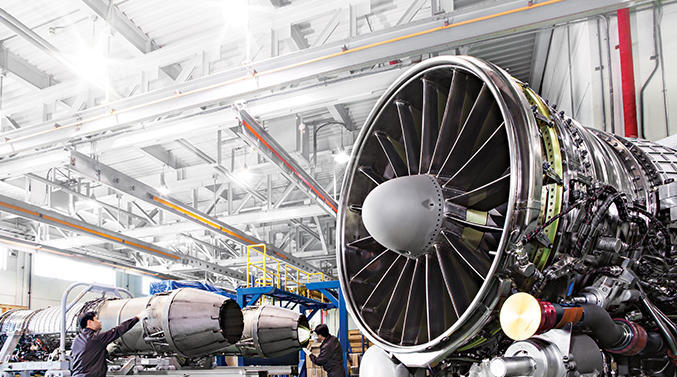
In light of the ongoing trade war between the US and China, the Chinese government has issued an order for its airline carriers to halt any new orders of aircraft from American manufacturer Boeing. This comes as a response to President Trump's recent decision to impose high tariffs on Chinese goods. China has also instructed its carriers to avoid buying any equipment related to aircraft from American companies. This latest move escalates the tension between the two countries, following China's decision to disrupt the US production of key materials.
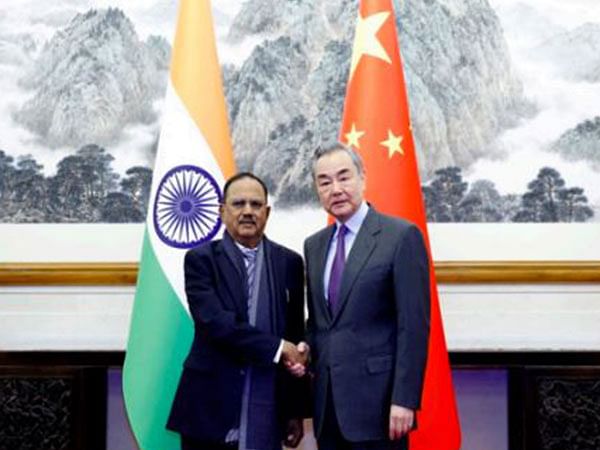
Amidst the ongoing border tensions between India and China, the Ministry of External Affairs announced that the Kailash Mansarovar Yatra is set to resume in 2025, with its modalities yet to be finalized. This was stated by MEA spokesperson Randhir Jaiswal in his weekly media briefing, where he also highlighted the constructive engagement between the two countries at various levels since the meeting between PM Modi and President Xi Jinping in October 2024. The External Affairs Minister, S Jaishankar, and the Chinese Foreign Minister, Wang Yi, had also met in February to discuss the resumption of the yatra and other bilateral issues.
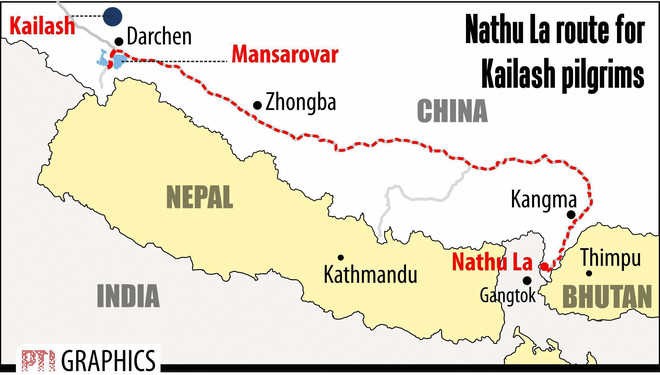
After a long wait, the Ministry of External Affairs has finally announced the opening of a new route to the sacred Kailash Mansarovar this year. This comes as great news for enthusiasts and aspirants who were eagerly waiting for the application process. With this development, individuals can now plan and embark on their pilgrimage to this holy site in a more convenient and efficient manner.
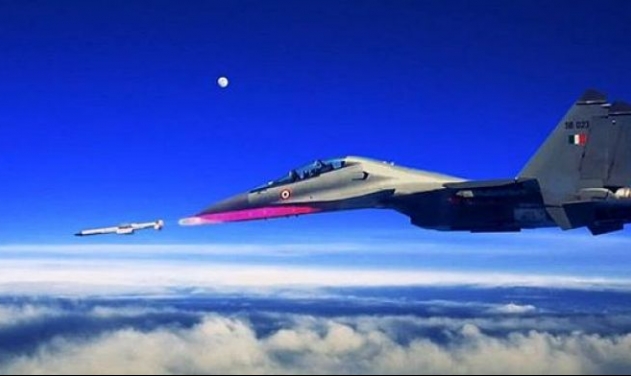
As part of the Light Combat Aircraft (LCA) programme, the Aeronautical Development Agency (ADA) of the Defence Research and Development Organisation (DRDO) successfully launched the indigenous ASTRA missile, showcasing its precision and beyond-visual-range capabilities. The missile, which can engage targets over 100 km away, has already been inducted into the Indian Air Force (IAF). The successful test-firing marks a significant step towards the induction of the LCA AF MK1A variant and has been lauded by Defence Minister Rajnath Singh.
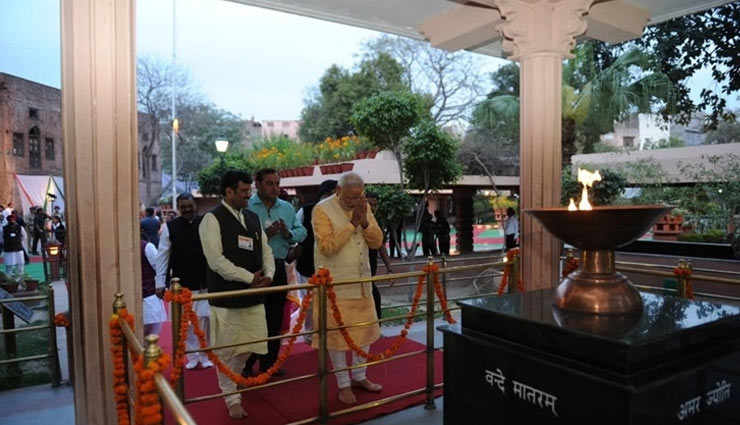
As India marks the 106th anniversary of the Jallianwala Bagh massacre, Prime Minister Narendra Modi, Union Home Minister Amit Shah, and Uttar Pradesh Chief Minister Yogi Adityanath paid homage to the lives lost. The massacre, which occurred on April 13, 1919, is considered a significant turning point in India's freedom struggle, igniting widespread anger and transforming it into a mass movement. Using social media platforms like X and X, the leaders honored the martyrs and their indomitable spirit, commemorating the event as a sacred pilgrimage for all patriotic Indians.
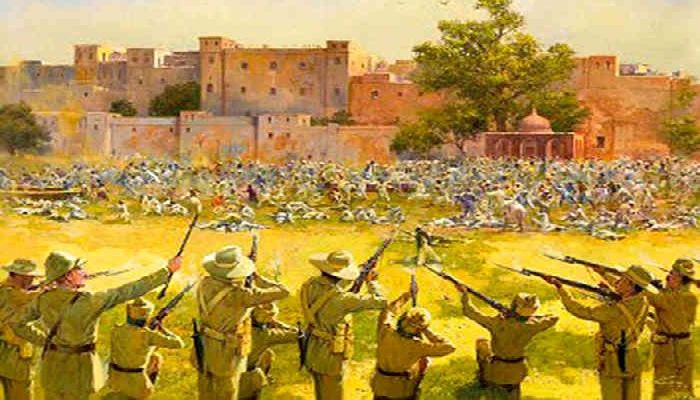
It has been 102 years since the Jallianwala Bagh Massacre, a tragic event that shook India's struggle for freedom under British rule. The gruesome act of violence that took place on April 13, 1919, in Amritsar united Indians across regions and ideologies in their fight against British oppression. The words of revolutionary leaders like Bhagat Singh, Bal Gangadhar Tilak, Mahatma Gandhi, and others continue to inspire and remind us of the sacrifices made for India's independence. As we remember this dark chapter in history, let us also honor the brave souls who fought for their country's freedom.
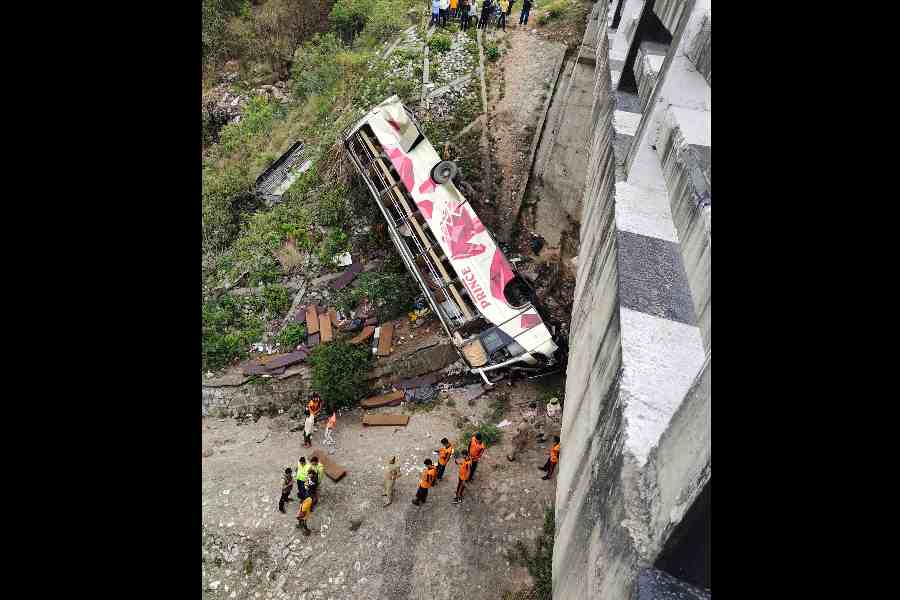
A group of 27 students from Government Degree College Sogam in Jammu and Kashmir were headed for a picnic when their bus met with an accident near Handwara. Unfortunately, two students lost their lives and 21 others were injured in the tragic incident. The injured were immediately rushed to a nearby hospital, where one more student succumbed to their injuries. Jammu and Kashmir Chief Minister Omar Abdullah expressed his condolences and prayed for the swift recovery of the injured.
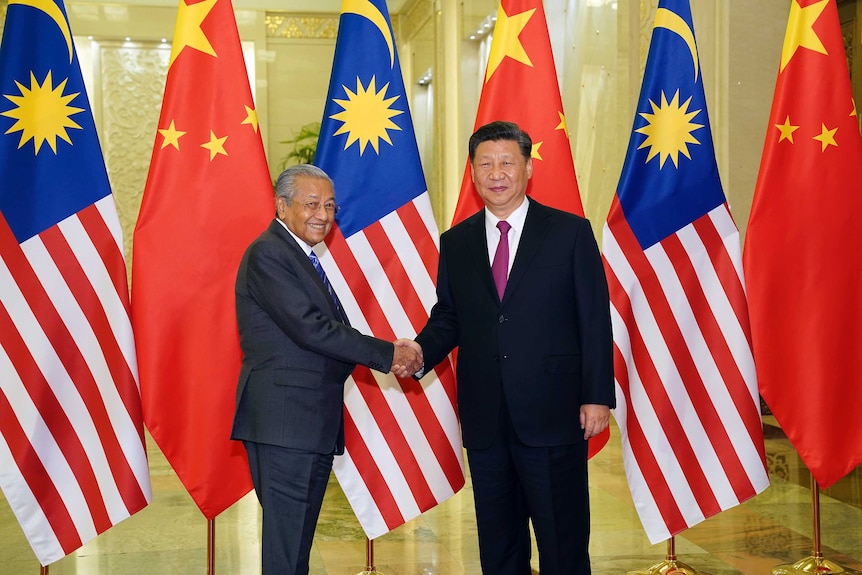
The "Two Countries, Twin Parks" initiative between Malaysia and Shenzhen, China aims to attract US$20 billion in strategic investments, creating a win-win future for both countries. This project will introduce the latest industrial park concepts and drive investments in Malaysia by leveraging China's supply chain strength and Malaysia's strategic gateway position. The initiative rests on five pillars of cooperation, including job creation, technology transfer, investment promotion, industrial collaboration, and economic growth. A recent visit to Shenzhen by a Malaysian delegation has solidified the partnership between both countries.